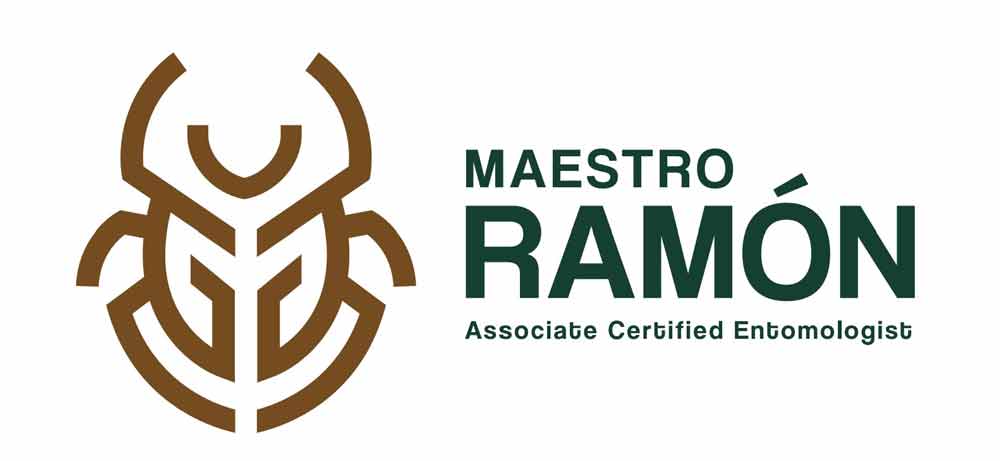Many of us who inherit a company, whether in pest control or another field, often find ourselves
struggling to understand the core business. Simply owning a company does not automatically
make us experts in its operations, especially when our backgrounds are in unrelated fields.
I inherited a pest control company and, after three years, realized that my engineering
background wasn’t the best fit for managing the financial aspects of the business. To bridge this
gap, I pursued a Master’s in Business Administration (MBA) in the beautiful city of Vancouver.
The MBA program helped me gain a deeper understanding of the business world, and I felt
confident that I was on the right path. I believed I had achieved all I needed to know about
running a business—until a humbling experience during my internship search made me
reconsider my career path.
During an internship interview, I shared my background with the interviewers, one of whom
owned a pest control company. I thought this connection might lead to a job opportunity. At one
point, he asked me a question that has stuck with me ever since: “How would you handle a pest
control client complaint?” I answered confidently, convinced I had impressed them. However, I
never received a callback for the internship or any opportunity with his pest control company.
Many years later, I had realized what had happened.
The truth is, sitting in an office managing finances for years does not automatically grant you the
credibility of an entomologist. While managing the financial side of a business is
essential—especially in a country like Mexico, where running a business is a rare and fortunate
opportunity—it does not equate to having on-field expertise. I realized that the interviewer’s
question was aimed at gauging my practical experience, which, at that time, was nonexistent.
Being truly involved in the operational side of a pest control company means understanding
pests’ biology, morphology, and behavior. Field experience provides valuable practical
knowledge, but theoretical understanding is equally crucial, especially for those aspiring to
become an Associate Certified Entomologist (ACE).
In 2018, at the Orlando Pest World conference, I learned about the ACE program. Intrigued, I
explored how to earn this certification. The requirements were straightforward: five years of pest
control experience and passing an exam. Although I had spent years in the pest control
industry, my experience was mainly in finance and administration. It wasn’t until the fall of 2023
that I had gained enough operational and entomological experience to finally take the ACE
exam.
Earning the ACE certification is one of my proudest achievements. Some might say that my
MBA was a waste of time and money, but I disagree. It felt like every effort I had made, from
preparing for the MBA admission test, to successfully finishing the program and nurturing a
passion for insects, had led me to this point. Without these experiences, I would not have been
equipped to pass the ACE exam or contribute meaningfully to my company’s operations.
Owning a pest control company is not the same as being a pest control expert. Understanding
this difference has been vital to my growth, and it is a lesson that continues to shape my
approach to business and entomology.

Leave a Comment